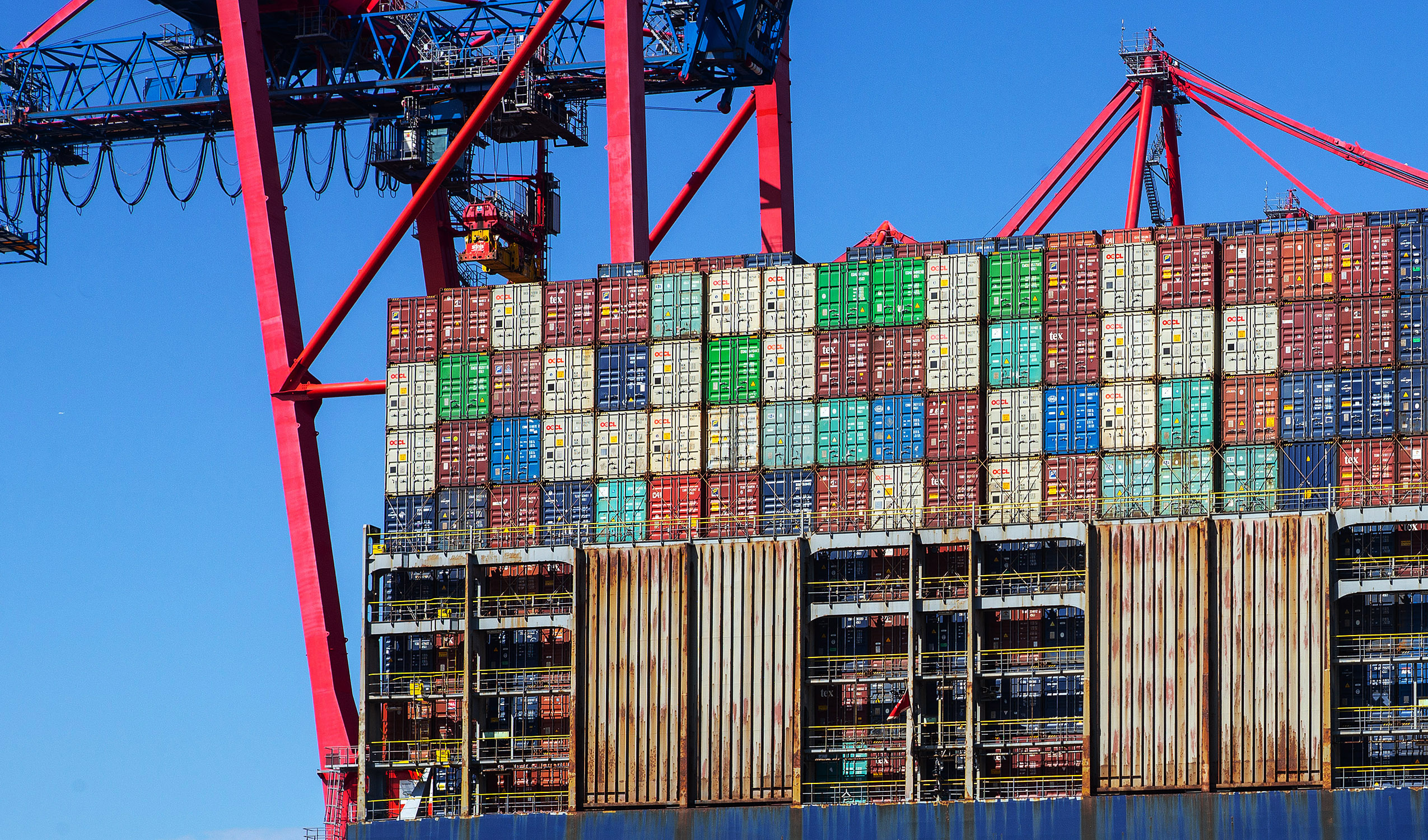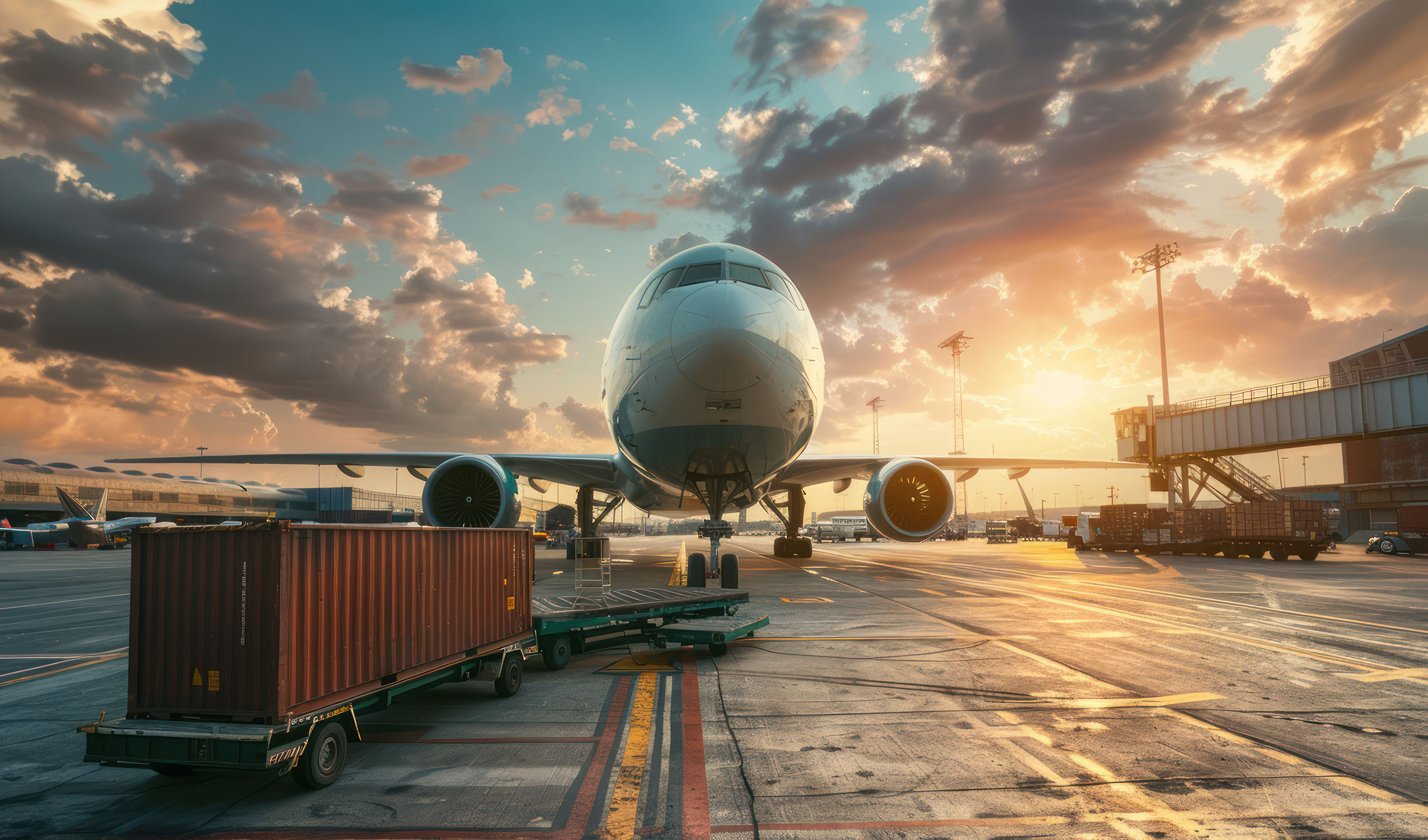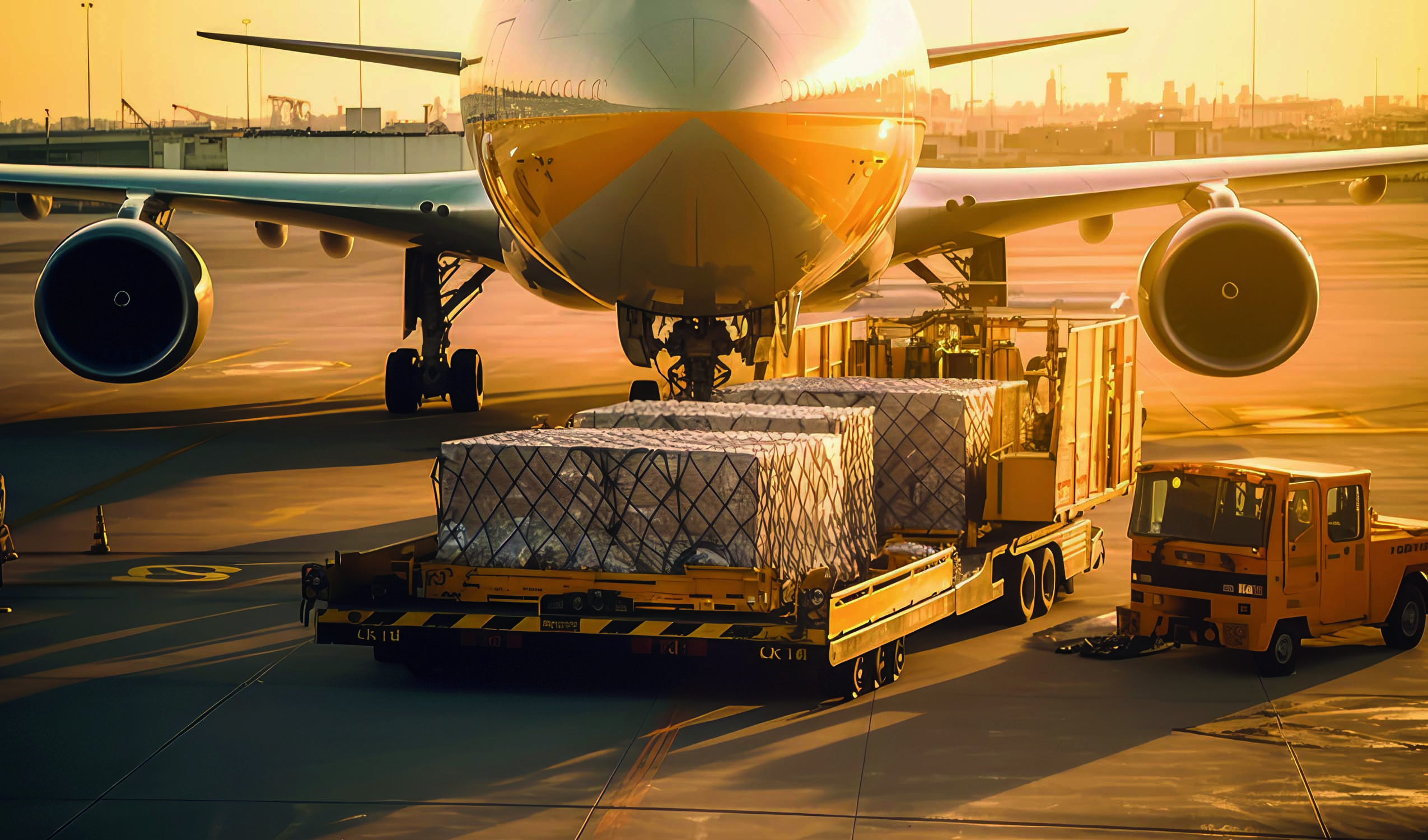The Leschaco Dangerous Goods Logistics Blog
Dangerous goods logistics is a matter of trust. Because dangerous goods logistics not only requires extensive knowledge and experience, but also a sense of responsibility for people and nature.
Advances in natural science, and chemistry in particular, have significantly raised our standard of living in recent decades. At the same time, the number of registered industrial chemicals has more than tripled in the last 20 years. Today, about 350,000 different substances are produced artificially. Scientists assume that there are around 6,000 substances among these that must be classified as dangerous goods.
With globalization, the growing international division of labor, the requirements for safe dangerous goods logistics are also increasing. With the dangerous goods logistics blog, Leschaco wants to offer a platform for the transfer of knowledge around this important topic for people and nature.
What is actually dangerous goods logistics? A definition.
By dangerous goods logistics, we mean all processes relating to the storage, packaging and transport of dangerous goods. For example, the “Agreement concerning the International Carriage of Dangerous Goods by Road(ADR)” defines gases, explosives, ammunition and fireworks, flammable, toxic, infectious, radioactive, corrosive, water and environmentally hazardous substances as dangerous goods.
To ensure safety throughout these processes, special technologies and equipment are required, such as fire protection systems, extinguishing devices, fireproof partitions, and chemical-resistant and particularly shockproof containers. But it is also about complex knowledge about the combination of dangerous substances, i.e. the knowledge of which dangerous substances must not come into contact with which substances under any circumstances: What is allowed to be stored and transported together with what at all? How must containers that have come into contact with specific dangerous goods be cleaned?
Dangerous goods logistics requires extensive specialized knowledge and careful and sustainable documentation of all processes so that risks can be minimized and, in the event of an accident, damage can be limited as far as possible. An essential part of this documentation is the conscientious marking of the dangerous goods before transport, i.e. the correct labeling and assignment to the appropriate dangerous goods class. Correct labeling is essential for safe loading, correct transport and a situation-appropriate procedure in the event of damage.
The latest posts on the dangerous goods logistics blog

Cargo Integrity Group publishes list of cargoes of concern that can compromise supply chain safety
A few days ago, the Cargo Integrity Group, an initiative of the International Cargo Handling Coordination Association – ICHCA, published a list of 15 “cargoes of concern” that are normally transported in containers and whose hazardous nature is not always so obvious, such as the potential danger of lithium-ion batteries. For example, the list contains important information on the flammable properties of seed cakes or the dangers associated with cocoa butter or vegetable oils.

IATA presented additions to its dangerous goods regulations at the end of April
On April 30, 2024, the International Air Transport Association IATA published additions and corrections to the 65th edition of the IATA Dangerous Goods Regulations (DGR). The changes mainly relate to the transportation of aerosols and radioactive substances, as well as the transportation of battery-powered mobility aids such as wheelchairs on aircraft. A new annex provides information for the first time on planned innovations for 2025 and 2026. After all, it is about future technologies such as the safety of sodium-ion batteries.

More security in RAS Cargo thanks to important procedural changes
There are important current changes in RAS-Cargo, which I will present below. France has taken on a pioneering role here. It is about changes that will increase the safety of air freight transportation in the future. After all, a not inconsiderable proportion of dangerous goods transported worldwide are now transported by air.

New ECHA CHEM online database launched
The European Union has been taking care of the central collection of chemicals since 2016. The European Chemicals Agency ECHA has set up a central online platform for this purpose. It lists all registered substances and also provides a lot of additional information on handling chemicals. However, after six years, the underlying technical platform was no longer able to cope with the enormous data volumes of more than 360,000 chemicals. That is why the European Chemicals Agency announced a new system as early as 2022. The new version went online a few weeks ago, specifically on January 30, 2024.

Hazardous substances in everyday life
Very few families have a supply chain expert. Many people forget that small quantities of dangerous goods are an essential part of our everyday lives and must be handled and transported with care. This is because even small quantities can cause injuries or burns, trigger fires and explosions and pollute the environment if handled improperly or if damaged. Therefore, always remember that hazardous goods are everywhere in our daily lives and must be handled with special care. Hidden components can cause injuries if used improperly or if unprofessional repair attempts are made.
This is where the editorial team of the Leschaco dangerous goods logistics blog blogs about the latest news and background information on dangerous goods logistics. The contributions do not reflect the opinion of Leschaco in every case, but always the position of the respective authors. Members of the editorial team come from trade media, agencies, friendly companies or directly from Leschaco. You can reach us by email . We are looking forward to your suggestions and questions.

